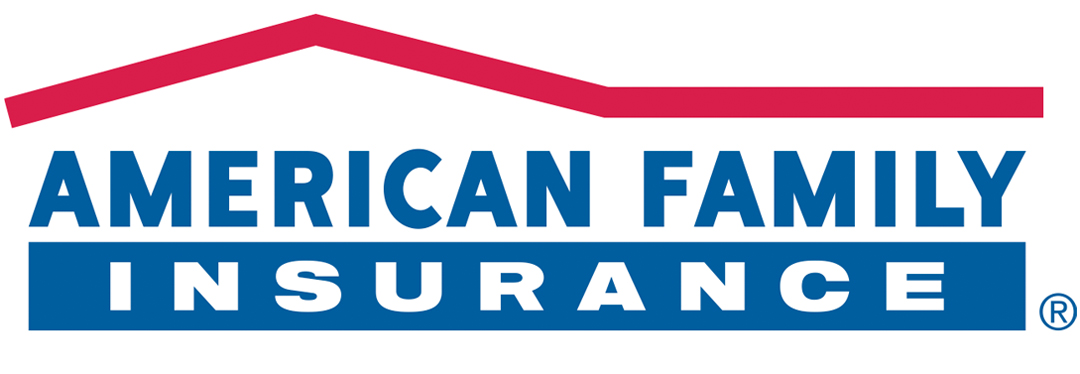A High-Quality Life Despite a Rare and Challenging Disease
A High-Quality Life Despite a Rare and Challenging Disease
July 28th, 2016 | Rob Kelly
Karl Harter’s face was unexpectedly red and swollen when he awoke—the latest development in a long history of living with late-stage adenoid cystic carcinoma (ACC). “Sorry to bother you guys on a Sunday morning …” began his email to the two University of Wisconsin doctors who have treated him for the past 18 years. They responded within a half hour, scheduled an appointment for the following day and told him to call if he was worried and needed to talk.
“That’s the kind of care I’ve gotten the whole 18 years I’ve been involved with these two fellows,” Harter says. “I was unlucky I was diagnosed with a pernicious cancer, one that tends not to go away and that eventually kills you. But I was very fortunate to have it here and to have found Greg Hartig [chief of Head and Neck Surgical Oncology in the Division of Otolaryngology] and Paul Harari [chair of the Department of Human Oncology]. They have worked diligently to keep me alive. That consistent care has been fantastic for me, and I’m convinced that if I lived anywhere else I wouldn’t be alive today.”
ACC is a rare cancer that often originates in the head and neck and can strike healthy people in the prime of life. This was the case with Harter. He had always been health conscious, hoping to avoid the atherosclerosis that killed his father at 46. He played baseball and took up running and yoga. His love of running and fitness led him to Madison, where he became co-owner of Movin’ Shoes, a fledgling store catering to the burgeoning community of runners in Madison. After nearly 40 years, Harter still owns the store.
Treatment for ACC typically includes surgery and radiation. Harter’s initial surgery—a craniofacial resection—took 14 hours and resulted in the loss of his right eye and sense of smell. Since then he has undergone four courses of radiation treatment and multiple follow-up surgeries. He’s currently participating in a clinical trial at the UW, which combines chemotherapy infusions and an oral medication in the hope of extending his life for several years.
Harter’s years of living with cancer have been good ones. He enjoys time with his wife Christina. He’s able to work out, do yoga, golf, read, and write.
“I began to appreciate every day as it happens in a way that I could verbalize but not internalize before,” Harter says. “Every day I wake up in the morning and see my wife there. It’s a wonderful feeling. Every day I get up and go to the gym or do my yoga. The little things in life become so valuable and so important. I’ve traveled a little bit. I’ve been to Rome and Florence. Travel is great—I’m going back to Rome in the fall—but it’s really the little daily activities—talking to my brothers and sisters, spending time with my nieces, playing golf with my friends—that have really become what I treasure more than anything.”
The life Harter has been able to live after his diagnosis has been made possible by the high level of care offered at the University of Wisconsin, which continues to improve thanks to insights and breakthroughs from cancer research at the university and throughout the world. Had he been diagnosed just three or four years earlier, surgery might not have been possible. Radiotherapy has advanced as well, offering better treatment with fewer side effects.
“The technological strides have been fantastic. They can do things now not only keep you alive but enable you to have a good life,” Harter says. “Cancer has become more of a chronic disease. I’m not just living day to day like people being treated for cancer were years ago. I’ve got a really high quality of life.”
Harter is optimistic about the future of cancer treatment and appreciates the importance of supporting research. This is why he is participating in The Ride, a bicycle fundraiser for cancer research at the University of Wisconsin. “When we raise money for cancer research, it benefits all of us because if you live long enough, you will be affected by cancer in one way or another. The good news is that by supporting cancer research, treatment is going to keep improving.”





















